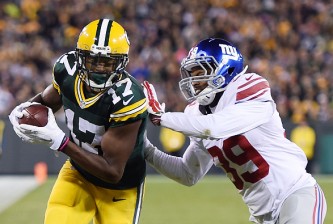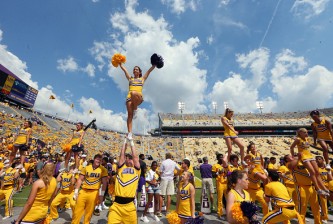Introduction:
The National Football League (NFL) is one of the most popular and lucrative sports leagues in the world. The league generates billions of dollars in revenue each year and has a significant impact on the economies and politics of the cities and states where its teams are located.
In this Guide, we will explore the economics and politics of the NFL, including its revenue streams, salary structures, and the role of politics in team ownership and stadium financing. However, more information can be found at UFABET เว็บตรง.
Revenue Streams:
The NFL generates revenue from a variety of sources, including television contracts, ticket sales, merchandise sales, and sponsorships. The league’s television contracts are its most significant source of revenue, with the NFL earning billions of dollars each year from broadcasting rights. The league also generates significant revenue from ticket sales, with some teams charging thousands of dollars for premium seats.
Salary Structures:
The NFL has a complex salary structure that includes a salary cap, player contracts, and bonuses. The salary cap is the maximum amount of money that a team can spend on player salaries in a given season. Player contracts can include base salaries, signing bonuses, and performance incentives. Bonuses are awarded to players who meet specific performance goals, such as making the Pro Bowl or leading the league in a particular statistical category.
Politics and Team Ownership:
Politics plays a significant role in team ownership and stadium financing in the NFL. Many NFL teams are owned by wealthy individuals or families who have close ties to political leaders. In some cases, team owners have used their political connections to secure public funding for stadium construction or renovation projects. These projects can cost hundreds of millions of dollars and are often controversial, with some taxpayers objecting to public funds being used to benefit private sports franchises.
Stadium Financing:
The financing of NFL stadiums is a contentious issue, with some cities and states providing public funding for new stadiums while others refuse to do so. Supporters of public funding argue that new stadiums create jobs and boost local economies, while opponents argue that taxpayers should not be responsible for funding private sports franchises. In recent years, some cities have rejected public funding for stadium projects, forcing teams to either finance the projects themselves or move to other cities.
Conclusion:
The NFL is a massive business that generates billions of dollars in revenue each year. The league’s salary structure, revenue streams, and politics all play important roles in shaping the economics of the sport. While the NFL has brought significant economic benefits to the cities and states where its teams are located, the financing of stadiums and the role of public funding in supporting private sports franchises remains a controversial issue. As the business of football continues to evolve, it will be interesting to see how these issues are addressed and resolved.























